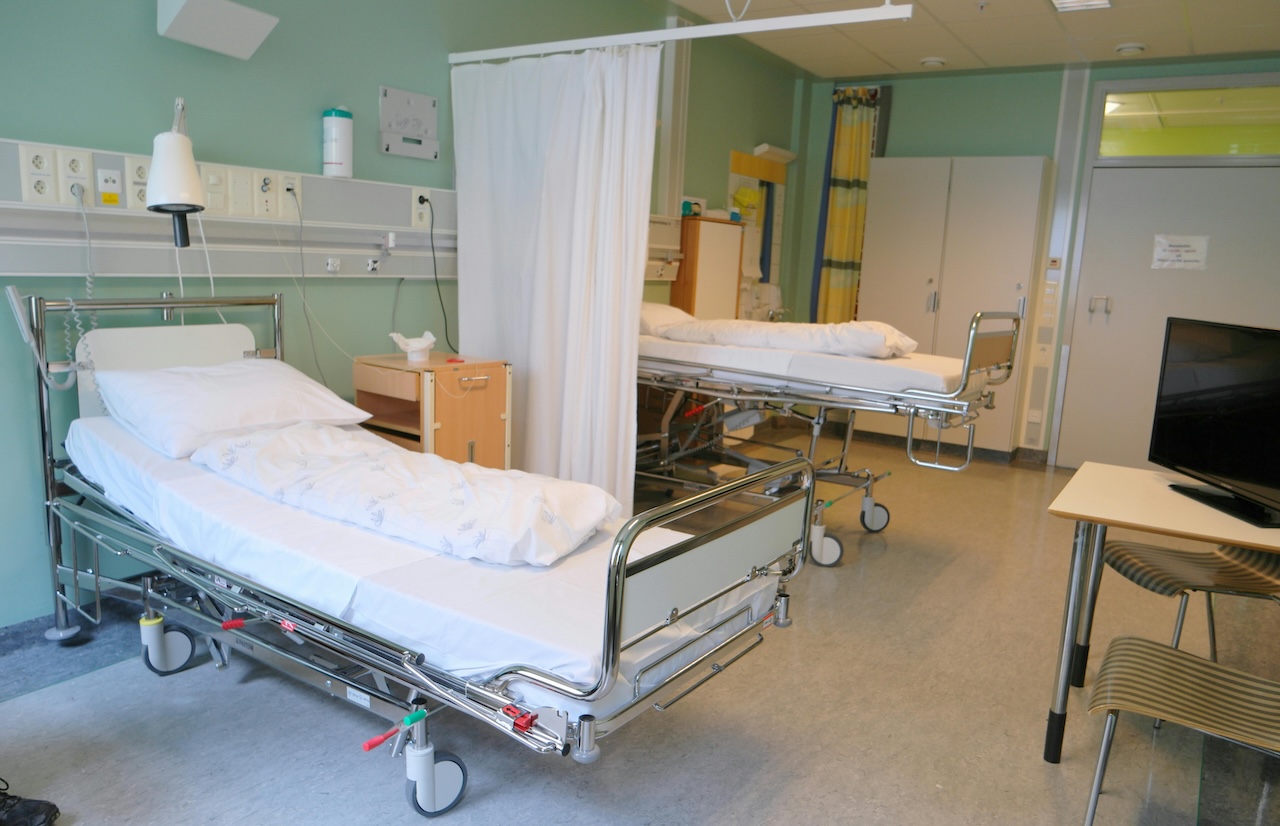In response to a growing number of mpox cases reported outside Africa, health authorities worldwide are intensifying surveillance and preparedness efforts. Despite the setback in trials for a new treatment against the variant propelling the current outbreak, the global health community is rallying to curb the spread of the disease.
The European Centre for Disease Prevention and Control (ECDC) elevated its risk assessment of mpox – previously known as monkeypox – to ‘moderate’ this Friday. This adjustment follows the confirmation of a clade Ib case in Sweden, marking the first instance of this particular strain appearing outside African borders.
Countries including Pakistan have confirmed their first mpox cases, prompting nations such as China to commence rigorous screening of incoming travellers. While the UK presently reports no cases, authorities remain vigilant, preparing for any future detections.
According to the ECDC, the likelihood of further cases being imported into Europe is considerable, especially given the continent’s close ties with Africa. Pamela Rendi-Wagner, the head of ECDC, highlighted the imperative of bracing for additional clade I cases.
This escalation comes in the wake of the World Health Organization declaring the mpox surge a global health emergency. The outbreak, initially concentrated in the Democratic Republic of the Congo, has since extended to neighbouring territories.
Distinguishing between two primary variants, clade II sparked the 2022 outbreak, predominantly affecting the gay and bisexual communities, while clade I, endemic in parts of Africa, poses a historically higher fatality rate. The emergence of clade Ib suggests a novel pattern of transmission, encompassing both sexual and non-sexual contact.
Africa has witnessed over 14,000 mpox cases and 524 fatalities this year, surpassing last year’s figures with the majority occurring in the DRC.
A study on the antiviral drug tecovirimat in the DRC yielded disappointing results, failing to expedite the resolution of mpox lesions. However, the lower mortality rate observed in the study underscores the importance of supportive care.
Siga Technologies, the manufacturer of tecovirimat, suggests that the drug might be more beneficial when administered early in the disease or in severe cases, advocating for further research.
Experts, including Dr Jonas Albarnaz from the Pirbright Institute, emphasise the need for additional studies in the DRC to address significant knowledge gaps about mpox, particularly concerning transmission dynamics of clade Ib.
The call for urgent dispatch of diagnostic kits, treatments, and vaccines to Africa has been echoed by humanitarian agencies, citing a dire scarcity that hinders outbreak management efforts.
Gavi, the vaccine alliance, is in discussions with countries possessing substantial vaccine stockpiles, like the US and Japan, to facilitate a donation programme to the DRC, with an immediate prospect of making around 65,000 doses available.
Bavarian Nordic, a Danish pharmaceutical firm, is seeking European regulatory approval for the use of its mpox vaccine in adolescents aged 12 to 17, following its emergency approval in the US for teenagers during the 2022 outbreak. The company has announced its readiness to produce 10 million doses by 2025, pending orders, and currently holds about 500,000 doses in stock.
News Team





